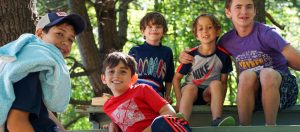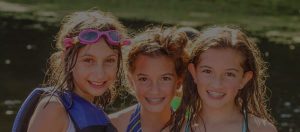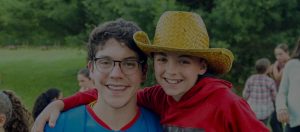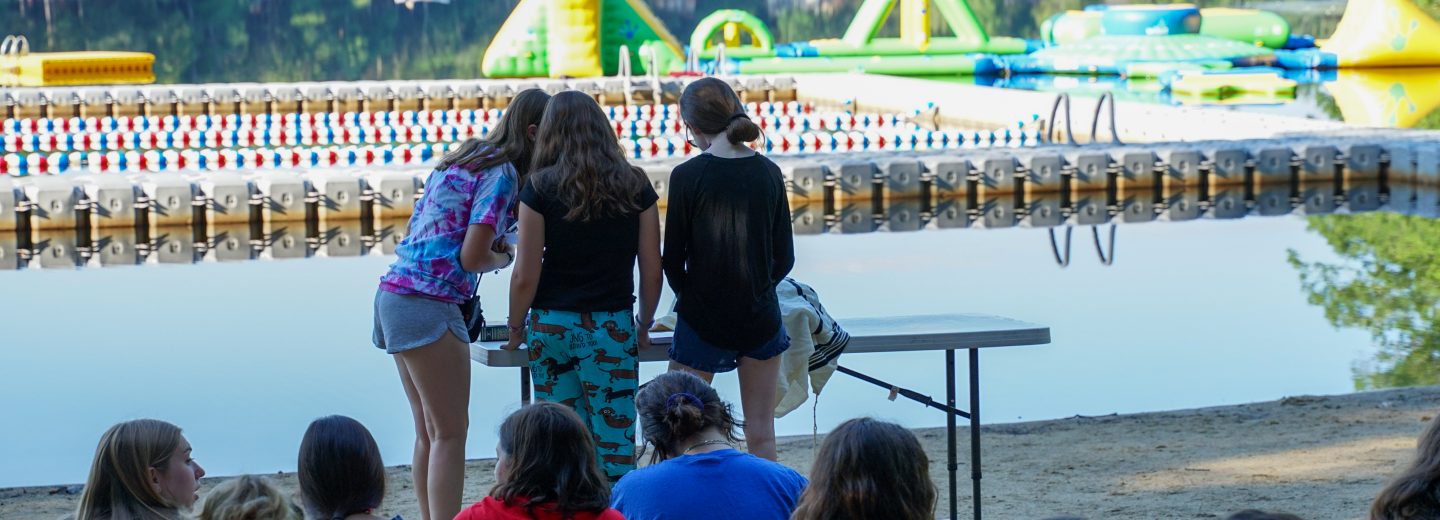This week’s parsha is Matot-Masei, another double portion. This Torah portion starts off with Hashem commanding Moses to take revenge against the Midianites. In this battle, both Balak and Balaam are killed. After the battle, Moses instructs the soldiers on laws of impurity and details the division of spoils within the community. Moses is then approached by the tribes of Reuben, Gad, and half of the Menashe tribe, who request to stay on the east side of the Jordan River, instead of crossing over with the rest of B’nai Yisrael, in order to tend to their herds and build cities on that land. At first Moses is skeptical of their request, not understanding why they would not like to cross into the land which Hashem has promised them. He feels that Hashem will be angry with the tribes who choose not to cross over. The tribes of Reuben, Gad and Menashe then come to a compromise with Moses; they shall stay on the land and build cities for their people and tend to their cattle, but the men must come with the rest of B’nai Yisrael on their campaign to take the land of Canaan. Once the rest of the tribes have gotten their land the tribes of Reuben, Gad and Menashe will then be able to return to their land. Hashem then tells Moses to instruct B’nai Yisrael to rid the land of all negative influences and to tell them how to divide up the land. In this, Hashem tells Moses about the Levitical cities within lands of the other tribes and the six Cities of Refuge. Moses then tells the people of the specific laws of murder. Finally, after specifying the laws of murder, the daughters of Zelophehad are given their inheritance.
This summer, like the tribes of Reuben, Gad and Menashe, we are separated from the rest of our community. But, even though the tribes are separated they still come together in times of need. Although we cannot be physically with each other this summer we can still be together whether it is through Zoom or text or Whatsapp. We are still the Yavneh community. While it might not be a river that separates us (instead state lines and the Atlantic Ocean) we still manage to find ways to connect and be with each other during these difficult times.




